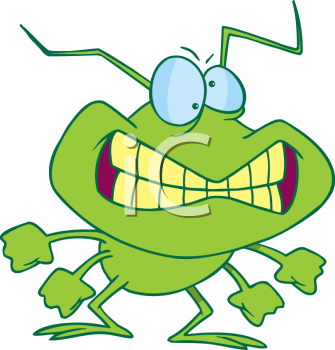Chinese herbal remedy & "bugs in the belly" aid weight loss / diabetes
Oct
31
A July 2019 paper published in the journal Nature, demonstrated ways to apply specific strains of microbiota to positively influence weight and diabetes. They found that a molecule produced by certain bacteria can interact with protein receptors in mice and improve the rodent's glucose regulation. These same receptors are also found in humans. It was a key step toward understanding how bacteria keeps us healthy, and what changes in bacteria occur when we fall prey to disease, empowering us to harness naturally occurring microbes to treat illness. Scientists found that microbiome differences can relate to our weight and diabetes. For example, studies of the microbe Akkermansia muciniphila has shown influence in obesity among humans. The July 2019 study by Nature Medicine showed "evidence for a negative correlation between Akkermansia muciniphila abundance and overweight, obesity, untreated type 2 diabetes mellitus or hypertension". 40 volunteers were enrolled and 32 completed the three month trial resulting in improved insulin sensitivity, reduced cholesterol, and slightly decreased body weight. A. muciniphila reduced the levels of liver dysfunction and inflammation. (See article, https://www.nature.com/articles/s41591-019-0495-2 ).
Other microbial species may also impact diabetes. Researchers at Rockefeller University were able to isolate N-acil amides with GPR119, which helps control blood sugar in mice. “Mice that received N-acil amides had significantly better glucose metabolism that those that didn’t. Over the past couple of years, Rockefeller biologist's Sean Brady and his team analyzed stool samples for microbial DNA. In essence, they found that N-acil amides help the body regulate itself.
A person with diabetes is more likely to have this certain suite of microbes than a person without diabetes, for example. But the mechanisms of this bacterial influence are still pretty mysterious.” (Source: “Scientists want to Turn our Gut Bacteria into Medicine,” Popular Science, Claire Maldarelli, Aug. 31, 2017; http://www.popsci.com/gut-bacteria-medicine?zLzbIvdKfbdGTwyp.03 ).


